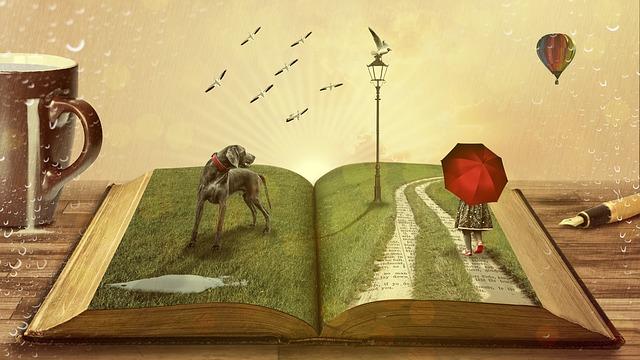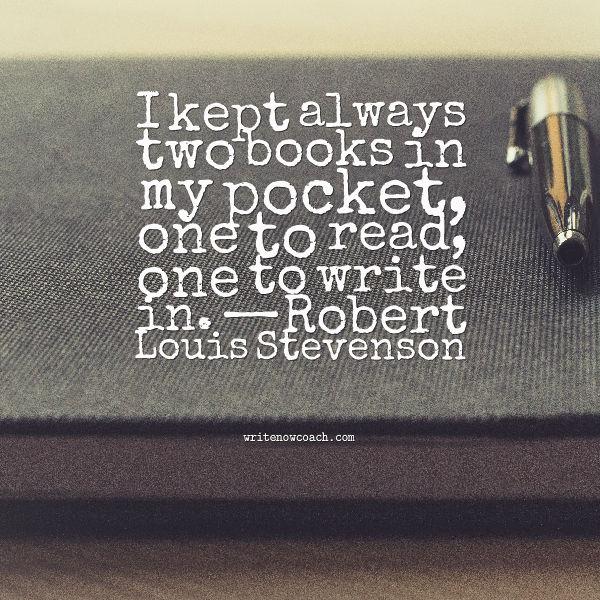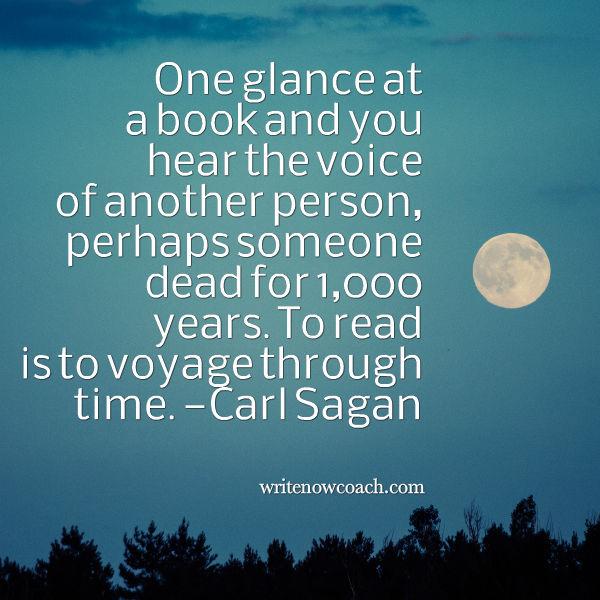#WritersRead: How to Become a Reading Writer
January 30 , 2018
Note From Rochelle
Dear Readers,
Have you had a bad experience with a critique group? I certainly have. That’s why I created the Write Now! Coach critique group. I wanted to offer a safe space for writers to receive helpful feedback, stay on track, and get support to move forward with their writing.
The first Write Now! Coach critique group launched last June and is still going strong. Because they’ve been so successful, I’m starting a new group in February. If you’re curious about how the group works, read more here. Or connect with me for a complimentary consultation.
Today’s tip talks about why writers read and offers a few books to get you started!
Enjoy!
Rochelle

#WritersRead:
How to Become a Reading Writer
by Rochelle Melander
”If you don’t have time to read, you don’t have the time (or the tools) to write.” —Stephen King
Writers read. Here’s why:
+To understand the market. What are readers reading? Get connected to what readers love and crave so that you can provide something readers will adore.
+To pitch intelligently. Most agents want current comp titles. You can’t provide them unless you know the recent releases in your genre.
+To discover ideas. Writers find inspiration everywhere, and books can be a great source of new ideas.
+To research. No matter what you write, research will help you present accurate information, a realistic setting or a plausible plot.
+To learn how to write. When writers read, we learn about character creation, plotting, point of view, and more.

#WritersRead: But what should you read?
Most books and articles have something to teach us about writing.
- Read the books you wish you’d written. If you desire to write a specific kind of book—children’s fiction, young adult, romance, business—then read everything you can get your hands on in the genre. Read the bestsellers, the best reviewed, and the best loved. Talk to your potential audience and ask them what they like to read—and read that.
- Read mysteries to learn how to plot. That was Madeleine L’Engle’s advice—and it turned me into an avid mystery fan. It also helped me learn narrative structure.
- Read children’s picture books, poetry, and literary fiction to learn about word choice and word play.
- Read romance novels to see how to develop relationships in fiction.
- Read business books, how-to, self help, and other nonfiction books to learn how to make an argument, engage a reader, present research, market your own books and, as a bonus, learn fun stuff to put in your novels!
- Read a book or magazine article that you think you won’t understand. That will stretch your brain—and improve your writing.
- Get in a critique group and read the work of your peers. It will teach you how to read with an editor’s eye—and you will get better at using that same skill with your own work.
- Read anything that you experience as delicious or fun or engaging.

#WritersRead: A Few Books to Get You Started
Epic Novel: Pachinko by Min Jin Lee
Fun Mystery: The Secret Life of Anna Blanc by Jennifer Kincheloe
KidLit: Project Mulberry by Linda Sue Park
Romance: A Heartless Design by Elizabeth Cole
Self Help: You Are a Badass: How to Stop Doubting Your Greatness and Start Living an Awesome Life by Jen Sincero
Nonfiction: Evicted: Poverty and Profit in the American City by Matthew Desmond








